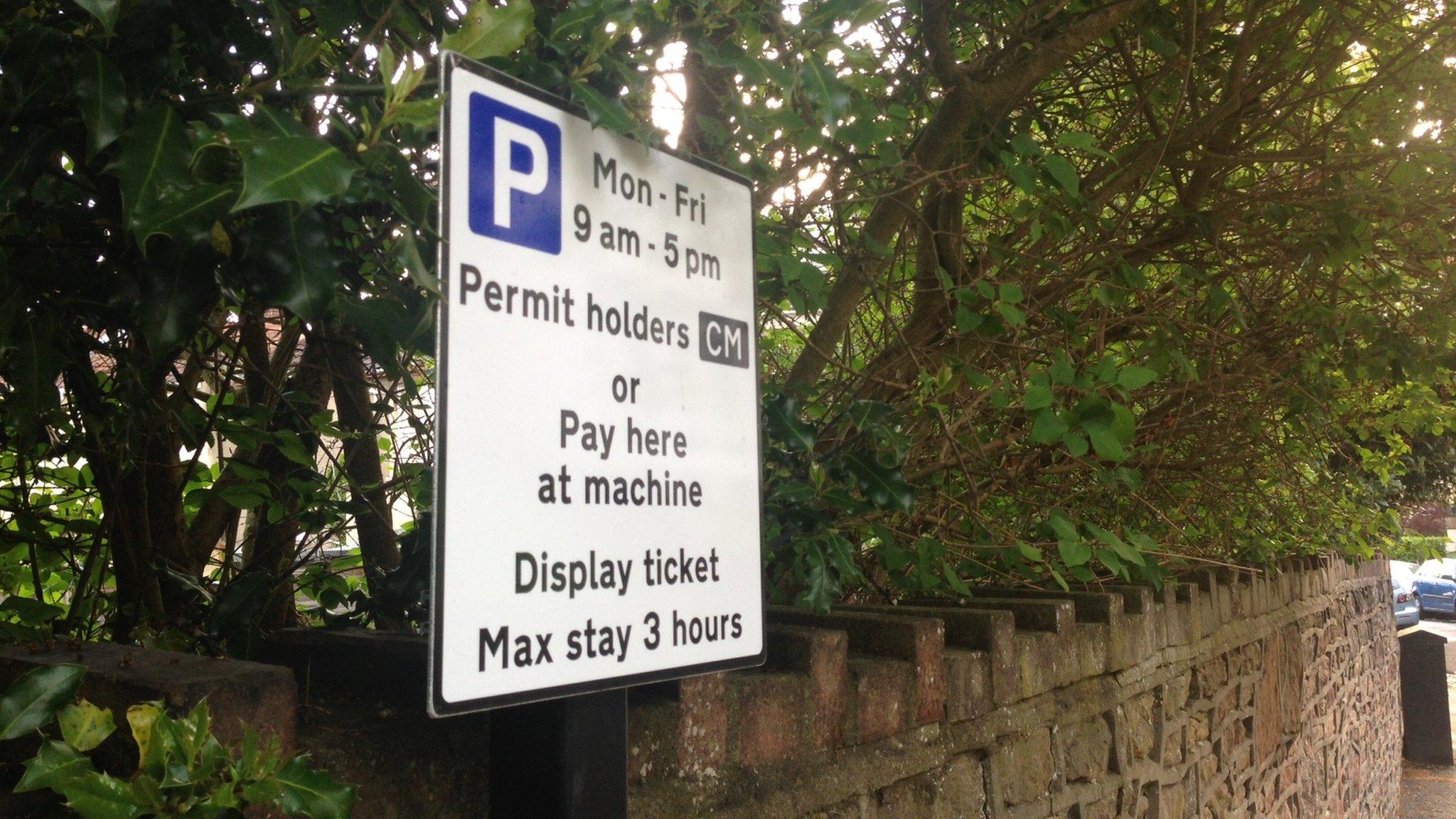Bristol parking permit: Price could rise from £56 to £178
- Published
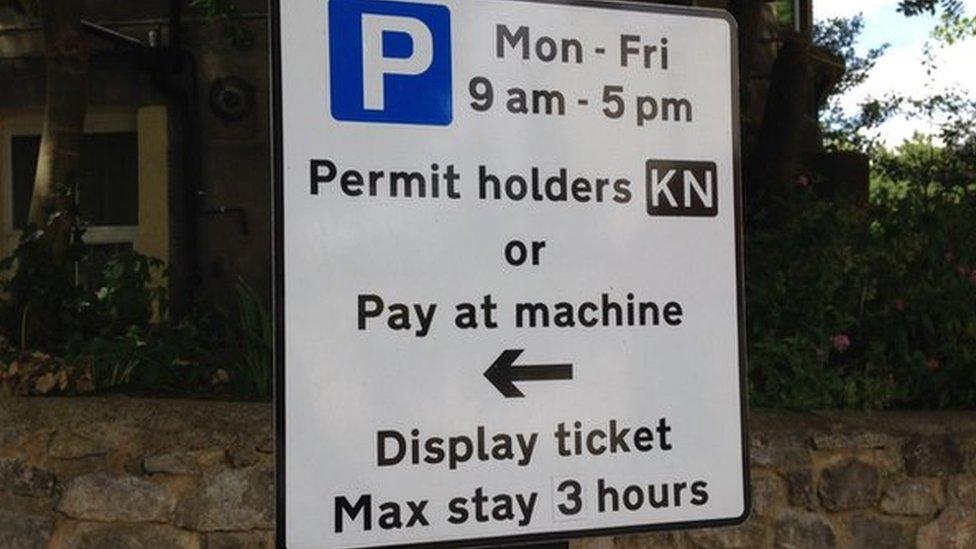
Resident parking zone permits were introduced by Bristol City Council in 2011
The price of annual resident parking zone permits in Bristol could more than triple from £56 to £178.
Bristol City Council said the plans "reflect the value of road space and the increasing need to support other modes [of transport]".
Other changes being considered are a reduction in free visitor permits.
Former mayor George Ferguson described the rise as "punitive". The council said the city needed a "mass transport" system.
A council spokesperson added: "The parking schemes have failed to reduce private car ownership."
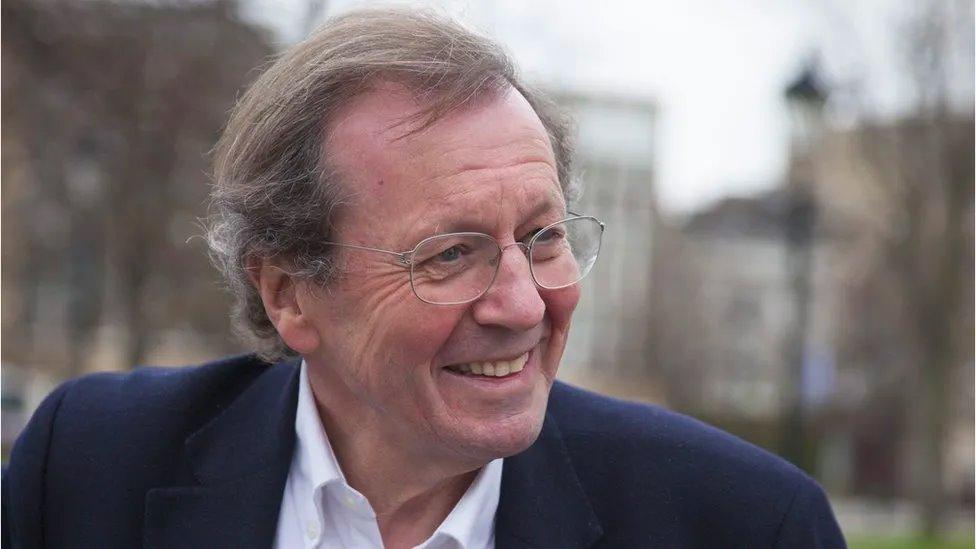
Former mayor, George Ferguson, has criticised the rise
The plans will be discussed at a cabinet meeting, external on Tuesday and will come into force in May if approved.
Parking zone permits were introduced by Bristol City Council in 2011.
Originally, the permits were meant to keep commuters heading for the city centre away from residential streets.
The permits raised £2,011,000, external in 2021/22, with on-street pay and display income in the same year recorded as £5,150,000.
The council said prioritising parking for residents may have led to an increase in drivers taking shorter local trips by car, as "these residents can be more confident of a parking space when they return home".
'Punitive' rise
Former mayor of Bristol, George Ferguson, whose administration introduced the permits, suggested expanding the zones could be a better option.
He said: "It's punitive. It is as if the current regime does everything to obstruct the plans we had.
"My aim was to keep the prices reasonable for a first car, then to ramp them up for second and third cars."
He added that he believed it would be better "to expand the zones rather than massively increasing the fees".
"Areas like Bishopston and Ashton are crying out for them as these are all walkable into the centre," he said.
A council spokesperson said: "Bristol needs a mass transit system to transform travel options, improve air quality and reduce congestion.
"Cabinet will consider proposals to increase the first permit costs and no longer allow three vehicles per household, to encourage active travel choices in central areas and reduce pressure on street space.
"Our approach is based around improving publicly owned street space, to make walking, wheeling and cycling more attractive, and to use space for trees and other improvements."

Follow BBC West on Facebook, external, X, external and Instagram, external. Send your story ideas to: bristol@bbc.co.uk , external
Related topics
- Published9 June 2023
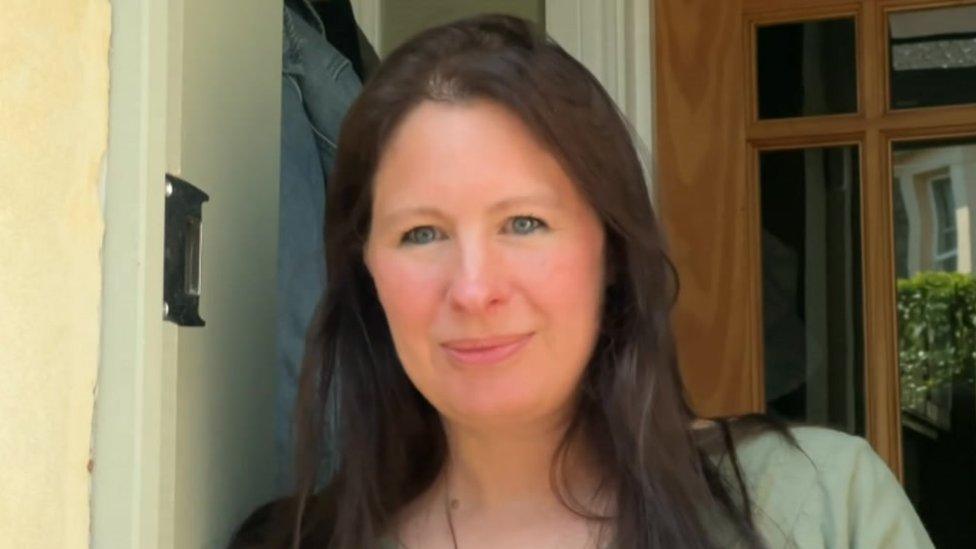
- Published4 January 2016
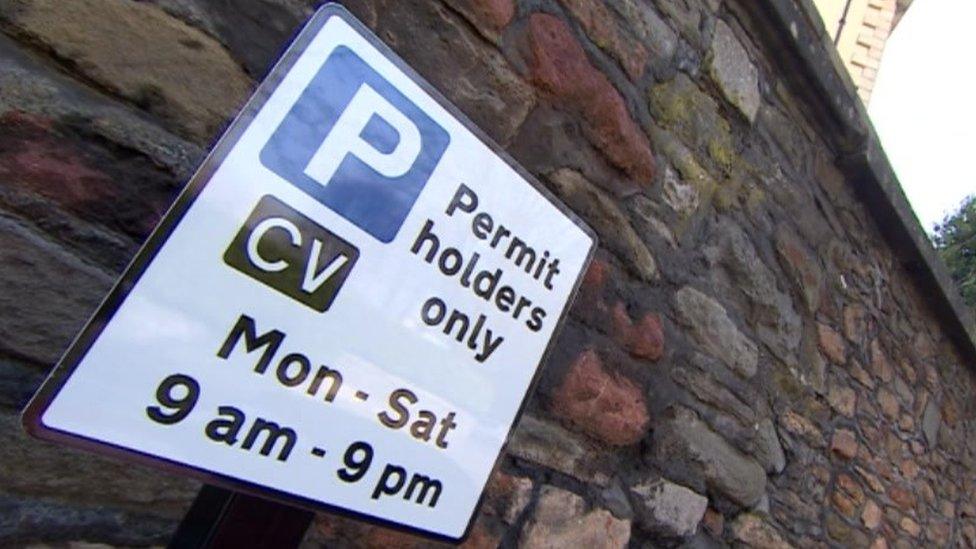
- Published12 June 2013
